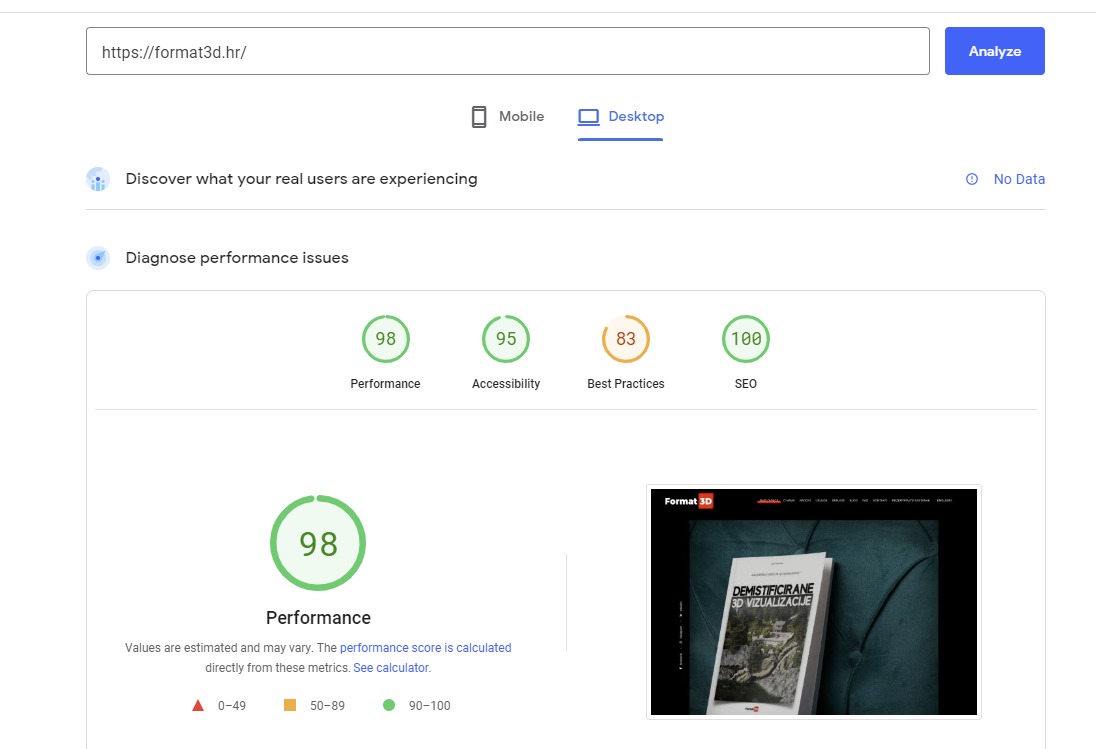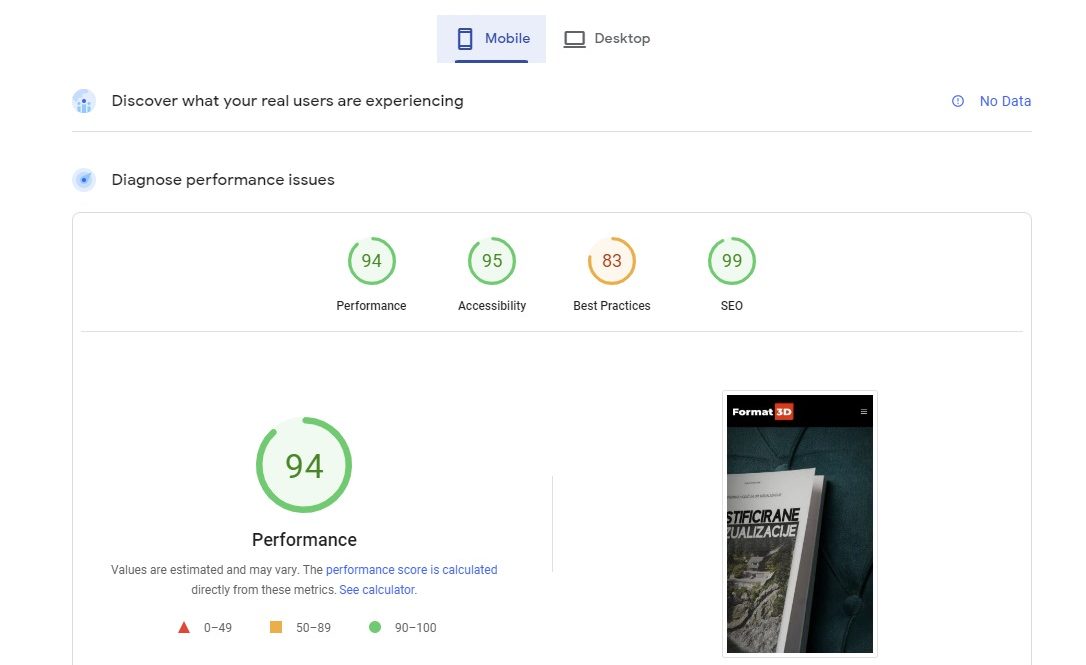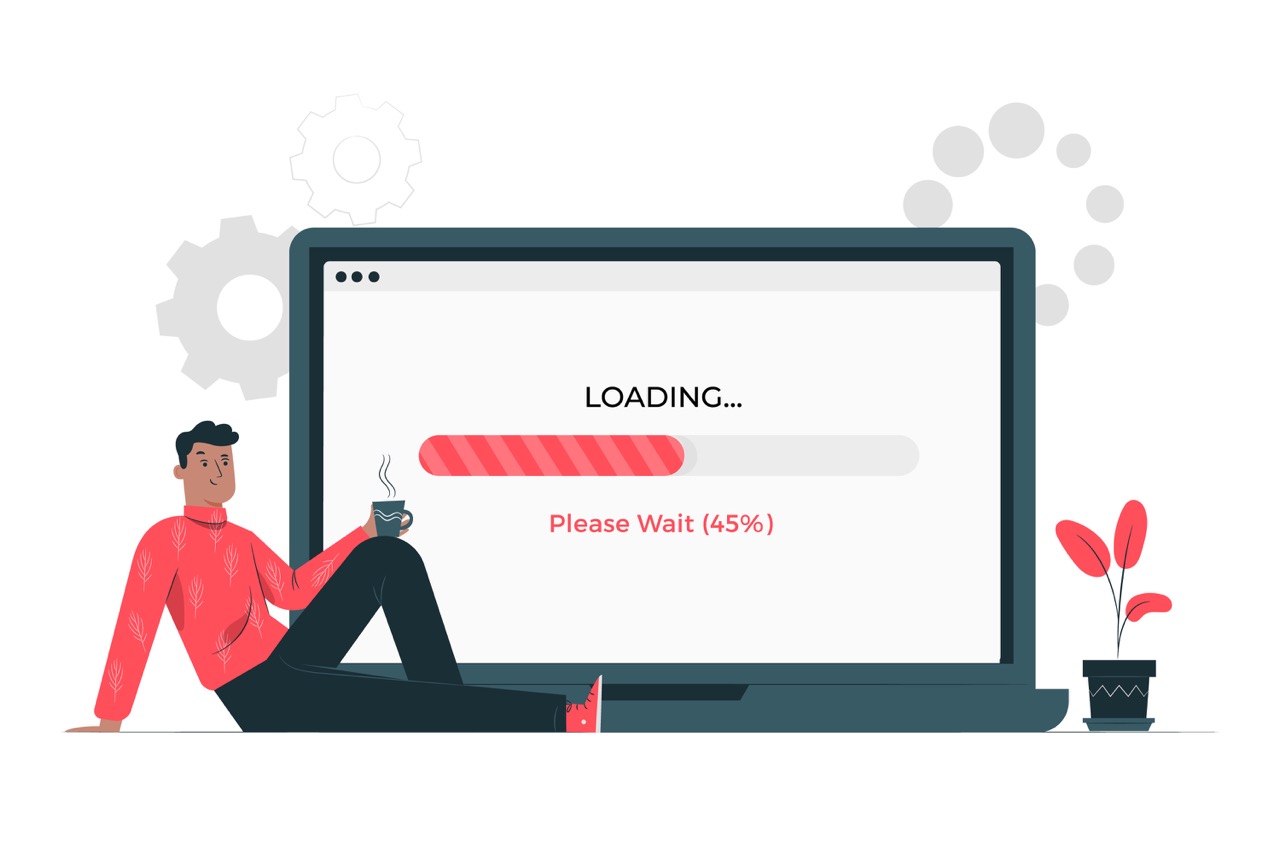Website performance and SEO are intricately linked. While many people focus solely on creating high-quality content and building backlinks, they often overlook the importance of website speed and user experience. In this blog post, we will explore the impact of website performance on SEO and why it’s essential to optimize your website for speed.
What is Website Performance?
Website performance refers to the speed and efficiency with which your website loads and functions. There are several factors that contribute to website performance, including server response time, website design, and the size and quality of images and other media on your website. Slow website performance can lead to frustrated users who are more likely to abandon your site and look for information elsewhere.
Why Does Website Performance Matter for SEO?
Search engines, like Google, want to provide their users with the best possible experience. A slow-loading website can be frustrating for users, which can lead to a high bounce rate, low time on page, and fewer clicks on internal links. These user engagement metrics are essential for SEO because they indicate to search engines that your content is relevant and valuable.
In addition, website performance is a crucial factor in Google’s ranking algorithm. Google has been transparent about its commitment to providing fast, efficient search results. In 2010, Google introduced website speed as a ranking factor, and in 2018, they announced that mobile page speed would become a ranking factor for mobile searches.

Optimizing Your Website for Performance
- Use a content delivery network (CDN) to speed up your website by caching your website’s static assets on servers located around the world.
- Optimize images by compressing them and using the appropriate file format for the type of image. This will reduce the size of your images and make them load faster.
- Minimize HTTP requests by combining files, such as CSS and JavaScript, and using sprites for images.
- Use a caching plugin or implement server-side caching to reduce the number of requests to your server and speed up your website.
- Use a responsive design that adjusts to different screen sizes to improve mobile performance.
- Optimize your website’s code by removing unnecessary code and minimizing JavaScript and CSS files.


Conclusion
Website performance is a critical factor for SEO. A slow website can lead to frustrated users, a high bounce rate, and lower engagement metrics. In addition, website speed is a ranking factor for Google, and slow-loading websites are less likely to rank well in search results. By optimizing your website for performance, you can improve user experience, engagement metrics, and search engine rankings.





